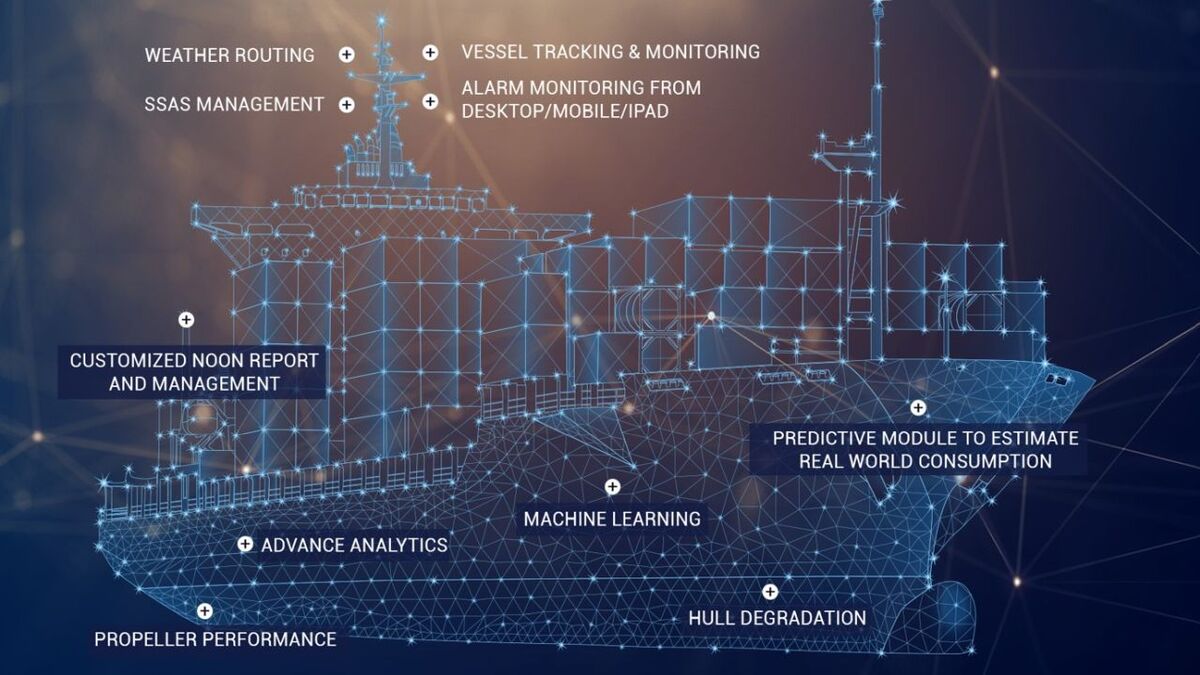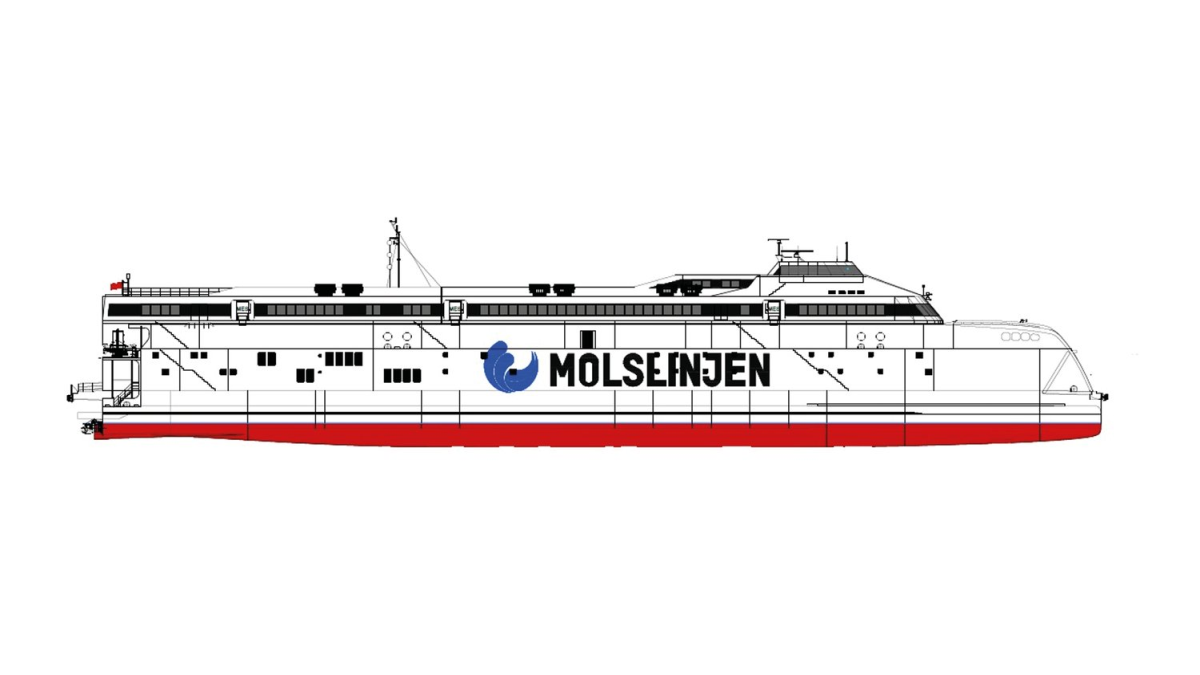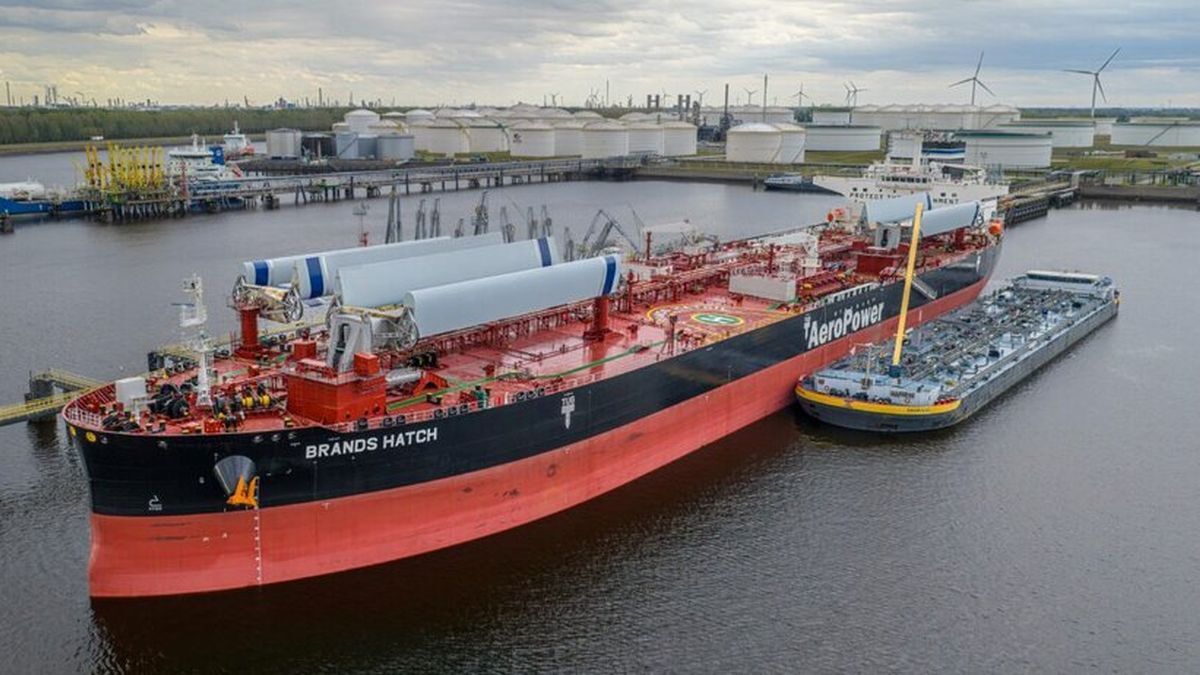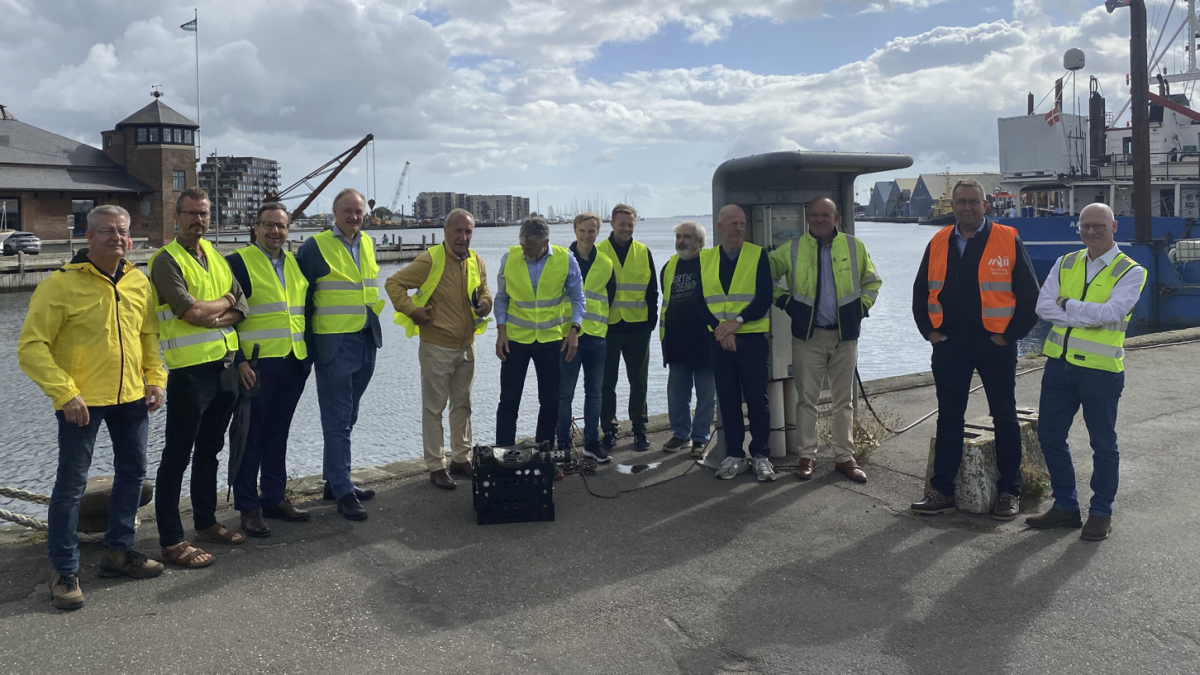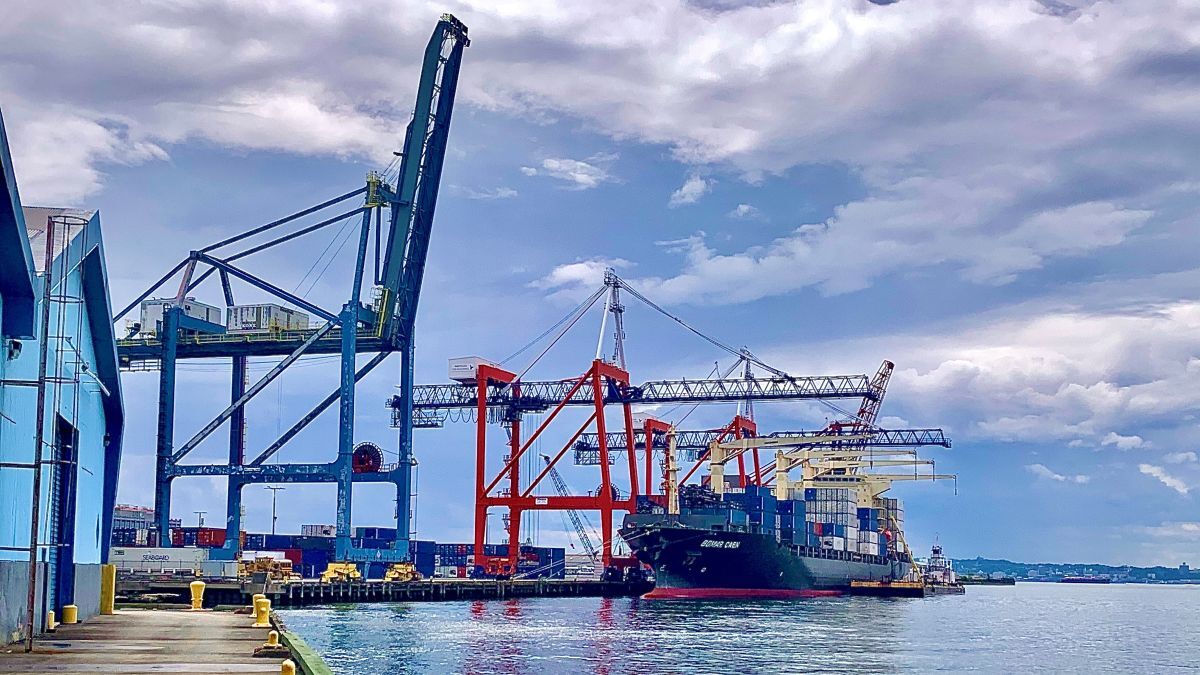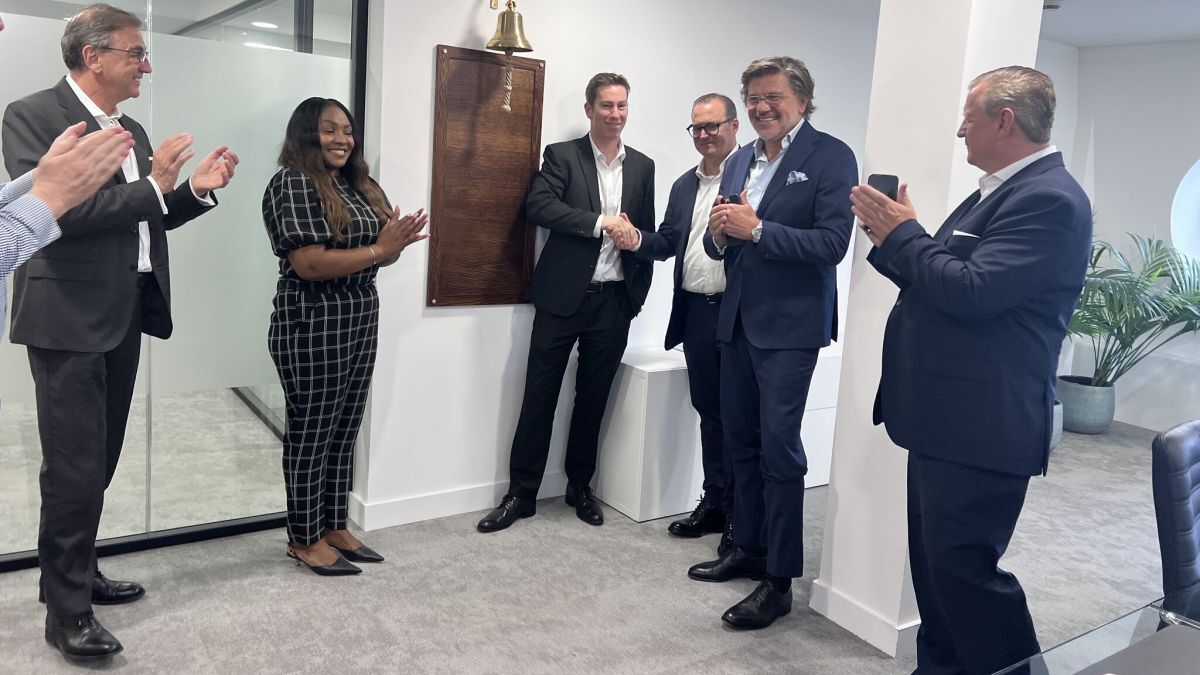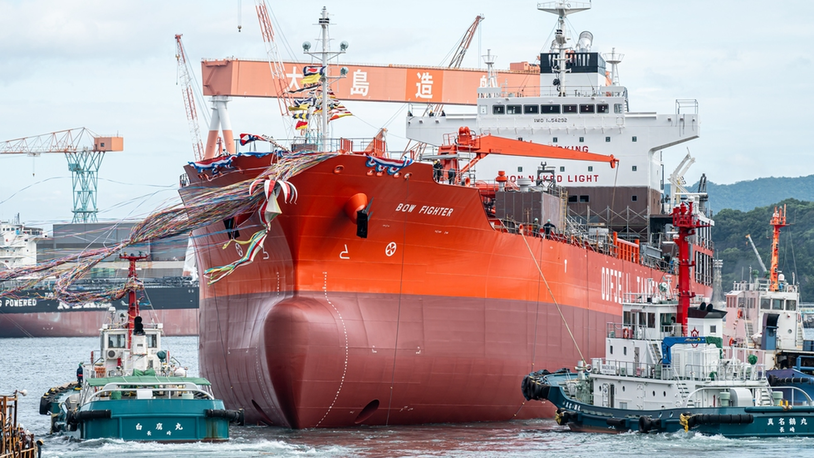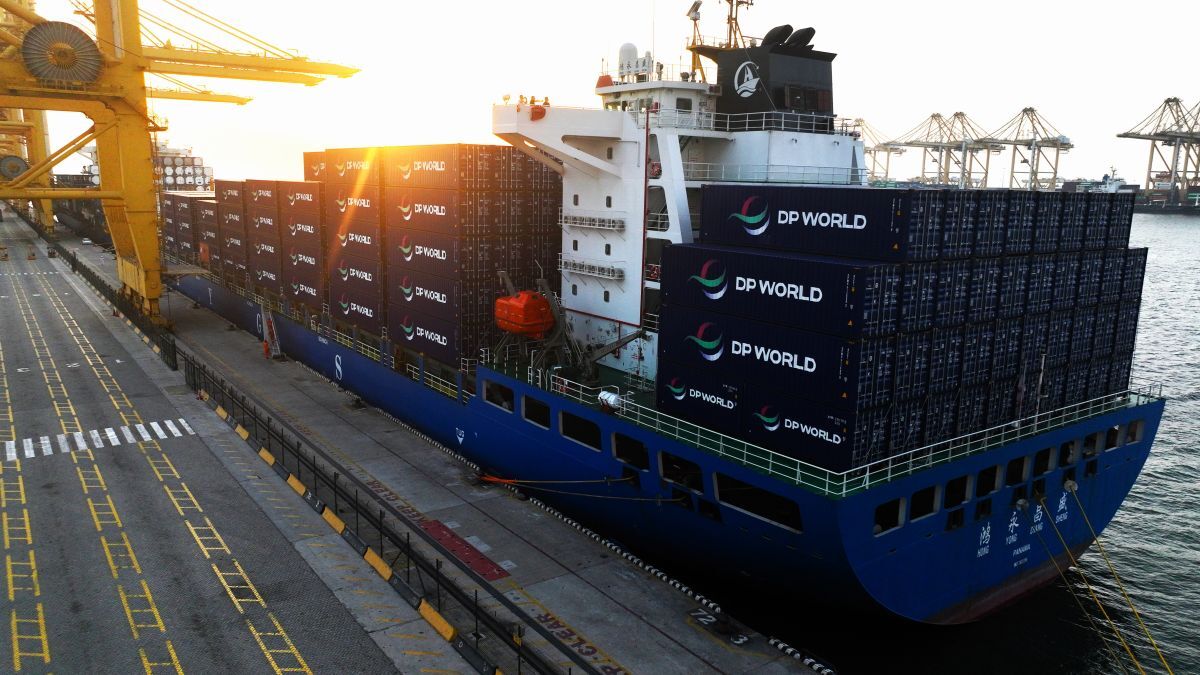Business Sectors
Events
Offshore Wind Webinar Week
Contents
Using cloud solutions to deliver fleetwide benefits
Shipping companies will gain value by investing in cloud solutions for data collection and analytics, agreed experts during Riviera’s How the cloud is delivering fleetwide benefits webinar
This event was held in partnership with Tototheo Maritime on 9 December with input from the largest cruise ship operator and key providers of cloud and connectivity technology.
Panellists in this webinar included: Costa Crociere director for IT security and operations Franco Cerutti, Onboard founder and director Florus Wilming and Tototheo Maritime head of efficiency and optimisation solutions Navneet Singh Rainu.
Mr Cerutti outlined how Carnival Corp invested in cloud infrastructure for storage and to analyse data from its multi-brand fleet of cruise ships. “Cloud services makes sense for maritime,” he said as he explained how bulk data from sensors on cruise ships are transferred to the cloud. “On board, we collect sets of data and information,” Mr Cerutti explained. “We normalise this data and send it shoreside to the cloud.”
There are modules in Carnival’s Neptune suite of applications for analysing this data for predictive maintenance and other services. Mr Cerutti said there were dashboards on cruise ships for crew to visualise the information. Data is also used at Carnival’s fleet operating centres in Miami and Seattle in the US and in Hamburg, Germany.
Mr Rainu explained how cloud services help with fleet optimisation by providing facilities for big data analytics and internet-of-things (IoT) applications. An integrated system includes sensor networks on ships, telemetrics, satellite connectivity, cloud facilities and the visualisation package.
This package should include dashboards incorporating different information and data enabling managers to “view smart analytics, key performance indicators and fuel consumption” said Mr Rainu.
This information enables managers to “see wastage down to dollar terms and show management the savings,” he explained. A traffic-light system helps managers to identify issues quickly and keep KPI scores. This is enhanced through adding vessel position and tracking data.
“They can set alarms and monitor when vessels go into piracy areas or emission control areas, to avoid fines or critical situations,” said Mr Rainu.
Cloud services can be further enhanced when application process interfaces (APIs) are introduced, said Mr Wilming. “API allows software and applications to communicate and share data,” he said. “We should encourage more software tools to have APIs and connect to vessels through APIs. We see a future of connectivity with all data available through APIs.”
Digital tools could be used more effectively in maritime to deliver greater value to shipping companies. Owners, operators and managers can “use APIs to collaborate in fleet performance, leveraging better data and to optimise vessel operations,” said Mr Wilming.
With APIs, companies can automate workflows, share data across supply chains and strengthen relationships with charterers, customers and stakeholders. “We are just scratching the surface,” said Mr Wilming. “The potential is far greater with use cases for leveraging data for its value.”
Attendees’ sentiment was with Mr Wilming’s conclusion, with 85% agreeing that the API economy is going to have a positive impact on the maritime industry in the next five years. 45% of respondents strongly agreed, 40% agreed, 10% strongly disagreed and 5% neither agreed nor disagreed.
Attendees were then asked whether they were ready to embrace the opportunities of the API economy. Of those who responded, 50% said they were ready, 35% said they were not ready and 15% said they did not know if APIs would have a big impact on the maritime industry.
On another question, attendees were asked: What do you consider to be the biggest barrier to the adoption of IoT within your organisation? 26% of respondents said it was onboard systems integration, 22% said the right skill sets internally, another 20% said it was lack of proven use cases, while 17% thought it was vessel connectivity and another 15% not having the right partners.
Attendees were then asked if they agreed with this statement: In less than three years, at least 80% of maritime companies will move to cloud shoreside applications and 30% will also use onboard applications. 73% of those who responded agreed and 27% disagreed.
In another poll, 69% of attendees agreed that only cloud facilities can provide security and computing power for managing big amounts of critical data, with 31% disagreeing.
You can view the webinar, in full, in our webinar library.
And you can sign up to attend our upcoming webinars on our events page.
Panellists involved in Riviera’s How the cloud is delivering fleetwide benefits webinar, sponsored by Tototheo Maritime, included (left to right): Costa Crociere director for IT security and operations Franco Cerutti, Onboard founder and director Florus Wilming and Tototheo Maritime head of efficiency and optimisation solutions Navneet Singh Rainu
Related to this Story
Events
Offshore Wind Webinar Week
Maritime Decarbonisation, Europe: Conference, Awards & Exhibition 2025
Offshore Support Journal Conference, Americas 2025
© 2024 Riviera Maritime Media Ltd.


